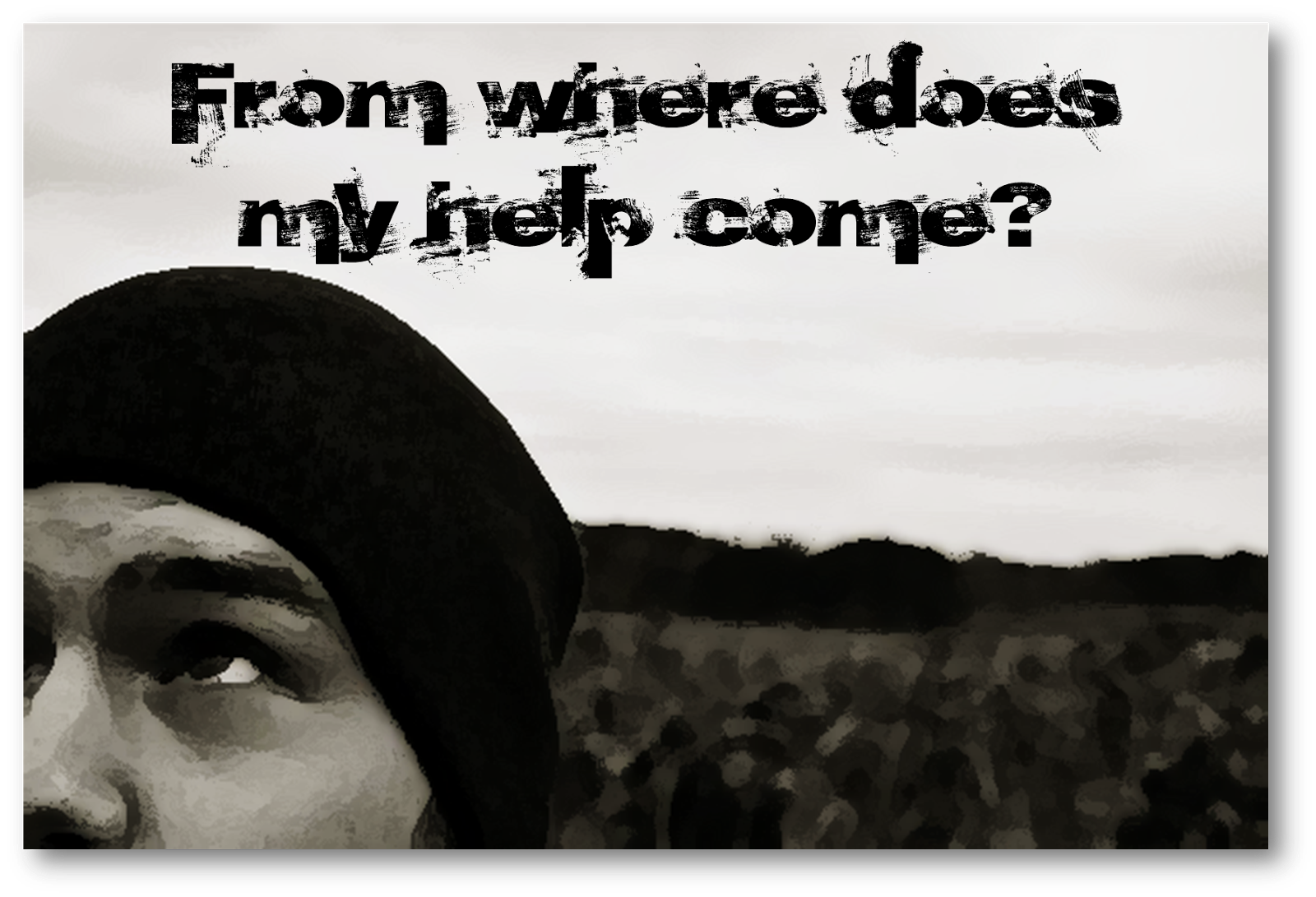Have you ever wondered about the phrase "I had some help" and the context in which it emerges? This phrase often crops up in various discussions, from personal anecdotes to larger societal conversations. Understanding when and why this expression is used can reveal deeper insights into human behavior, relationships, and the importance of support systems in our lives. In this article, we will delve into the various contexts of this phrase, its implications, and the significance of seeking and offering help.
In many instances, the phrase "I had some help" is a humble acknowledgment of the assistance one received in achieving a particular goal or overcoming a challenge. It highlights the collaborative nature of success and the importance of community and relationships. This article aims to dissect the phrase, exploring its various meanings and the situations in which it typically arises. We will also provide examples and data to support our discussion.
By the end of this article, you will not only understand when "I had some help" comes out but also appreciate the broader implications of seeking help and recognizing the contributions of others in our lives. Let's embark on this journey of exploration together.
Table of Contents
- Definition of "I Had Some Help"
- Contexts in Which the Phrase is Used
- Importance of Acknowledging Help
- Psychological Impacts of Seeking Help
- Statistics on Help-Seeking Behavior
- Real-Life Examples
- Cultural Perspectives on Help
- Conclusion and Call to Action
Definition of "I Had Some Help"
The phrase "I had some help" signifies the support or assistance received from others in achieving a goal. It reflects humility and an understanding that success is often a collective effort. In various fields, from academics to professional settings, acknowledging help can foster a sense of community and collaboration.
Contexts in Which the Phrase is Used
This phrase can emerge in numerous contexts, including:
- Personal Achievements: When individuals achieve personal goals, they might attribute part of their success to the support they received from friends, family, or mentors.
- Professional Settings: In the workplace, acknowledging help can be essential for teamwork and collaboration. Leaders often recognize their teams and colleagues when discussing project successes.
- Community Support: In discussions about social issues, individuals may highlight community assistance or programs that provided vital support during challenging times.
- Public Figures: Celebrities and public figures frequently use this phrase when discussing their achievements, often crediting their teams, families, or mentors.
Importance of Acknowledging Help
Acknowledging help is vital for several reasons:
- Building Relationships: Recognizing the contributions of others strengthens relationships and fosters a sense of community.
- Cultivating Gratitude: Expressing gratitude for help received can enhance personal well-being and create a positive environment.
- Encouraging Collaboration: Acknowledgment promotes a culture of collaboration, encouraging others to seek help and support in their endeavors.
Psychological Impacts of Seeking Help
From a psychological perspective, seeking help can have profound effects on mental health:
- Reducing Stress: Seeking help can alleviate stress and anxiety, allowing individuals to cope better with challenges.
- Enhancing Resilience: Recognizing and utilizing support systems can enhance resilience and promote a sense of agency.
Statistics on Help-Seeking Behavior
According to various studies:
- Approximately 75% of individuals report feeling more capable of tackling challenges when they acknowledge the help they received.
- Research indicates that people who seek help are more likely to achieve their goals compared to those who do not.
Real-Life Examples
Here are a few real-life examples of individuals who have openly acknowledged the help they received:
- Oprah Winfrey: Frequently cites her mentors and the support of her team as integral to her success.
- Elon Musk: Acknowledges the contributions of his engineers and teams in developing groundbreaking technologies.
Cultural Perspectives on Help
Different cultures have varying attitudes toward help-seeking behaviors:
- In collectivist cultures, seeking help is often viewed positively and is seen as a sign of strength.
- Conversely, in individualistic cultures, there can sometimes be a stigma associated with needing help.
Conclusion and Call to Action
In conclusion, the phrase "I had some help" is a powerful acknowledgment of the support we receive from others. It highlights the importance of collaboration, gratitude, and community in our lives. As you reflect on your own experiences, consider how you might acknowledge the help you’ve received and how it has shaped your journey. We invite you to share your thoughts in the comments below, explore more articles on our site, and embrace the spirit of collaboration in your own life.
Thank you for reading! We hope you found this article insightful and enlightening.
Leslie Fhima: The Rising Star In The World Of Music
Morgan Wallen Mug Photo: A Deep Dive Into The Country Star's Iconic Image
Will Sherrod: A Journey Through His Life And Career


